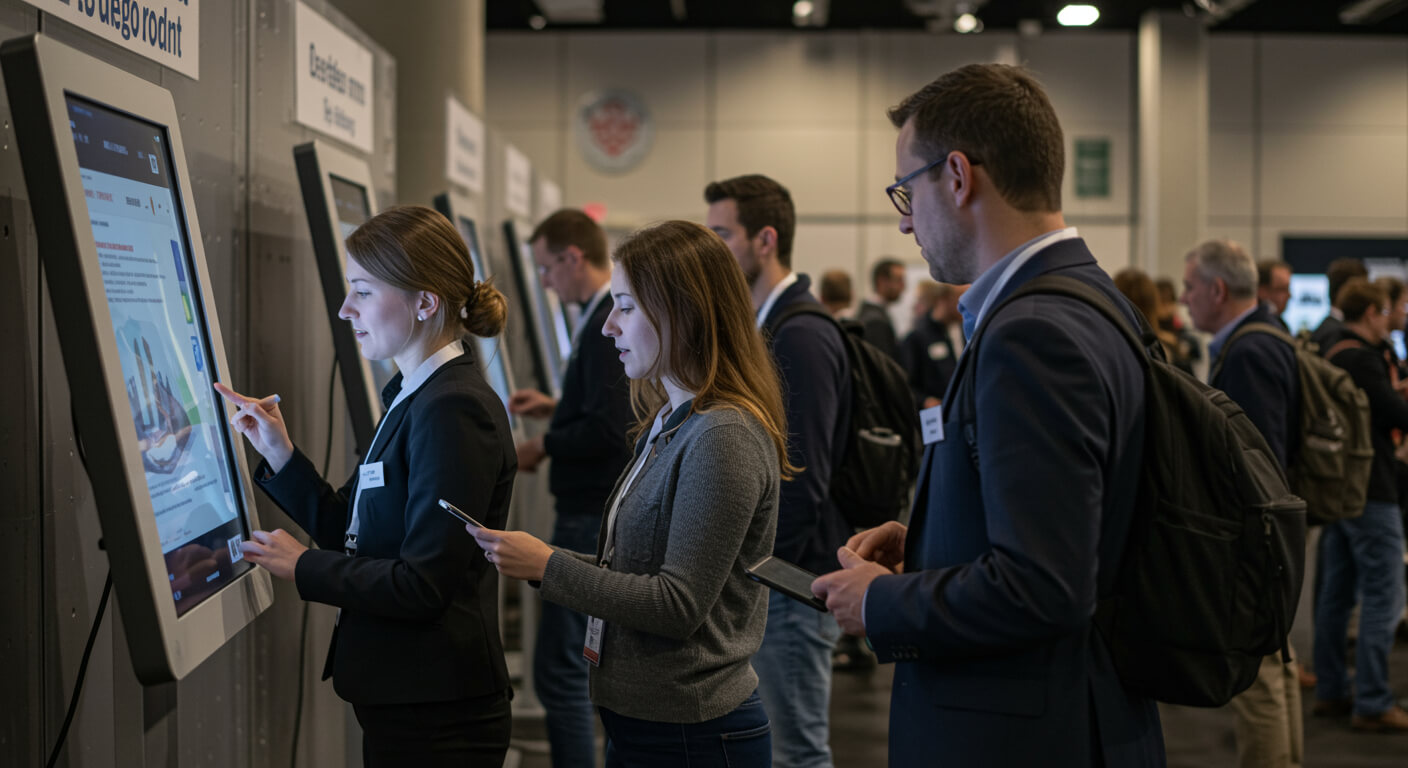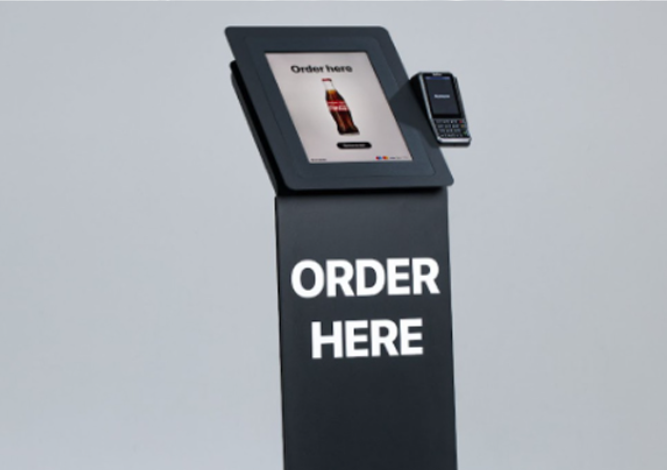Introduction
Dubai and the UAE are global hubs for conferences, exhibitions, and live events. Attendees now expect seamless check-ins, engaging experiences, and digital interactivity—areas where interactive kiosk rentals excel.
What Is an Interactive Event Kiosk?
Portable, touchscreen-enabled displays designed for short-term deployments at events. They’re rented for exhibitions and conferences, making them flexible and cost-effective.
Typical Functions
• Check-in & badge printing
• Wayfinding
• Lead capture
• Surveys & gamification
• Sponsor advertising and product showcases
Benefits for Event Organizers
1. Streamlined Check-In
Self-service registration reduces queues; real-time verification and multilingual interfaces smooth the process.
2. Visitor Engagement
Gamified kiosks (spin-to-win, scratch-to-reveal), interactive demos, and instant feedback keep attendees engaged.
3. Lead Generation
Digital forms, QR scans, and card capture sync to CRM for timely follow-ups and sponsor reporting.
4. Branding & Sponsorship
Rotating sponsor ads, premium placements, and measurable impressions create new revenue streams.
5. Rental Flexibility
Scale kiosk counts to event size; professional delivery, setup, and onsite support included.
Use Cases in the UAE
Conferences: check-in; Trade shows: product demos and leads; Corporate events: gamification; Public festivals: wayfinding and info.
Challenges and Solutions
High Visitor Volumes
Use high-speed printers, reliable hardware, and cloud integrations.
Temporary Setups
Plug-and-play rentals with trained technicians meet tight build schedules.
Data Security
GDPR-grade practices, encrypted storage, and strict access controls protect attendee data.
Future Trends
AI matchmaking, AR/VR demos, facial recognition check-in, and hybrid platform integrations.
Conclusion
In a market defined by scale and innovation, kiosks are central to event success—reducing bottlenecks, elevating engagement, and proving ROI for organizers and sponsors.



.svg)




